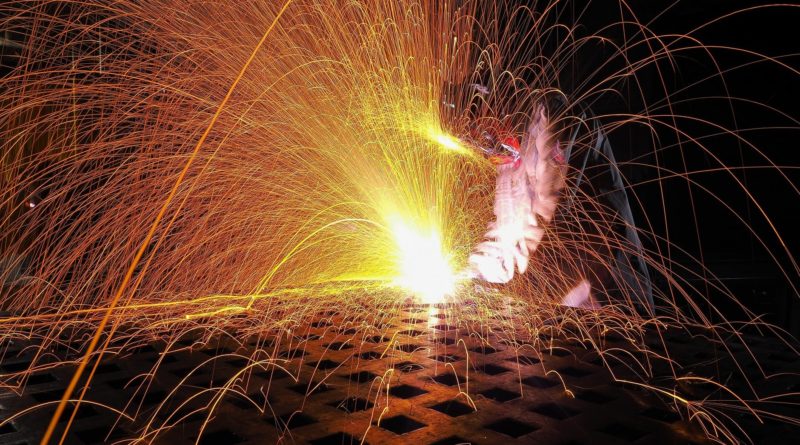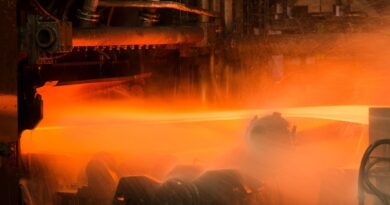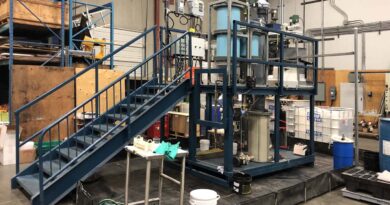Investing in SMEs for sustainable growth in the steel industry
Financial forecasts for H2 of 2020 continue to paint a bleak picture for an already dire state of affairs. To keep the South African economy afloat, the country’s economy is reliant on the success of SMEs to battle burgeoning unemployment rates.
According to Neil Reddy, Business Strategy and Projects Manager at Veer Steel Mills, it is integral to invest in SMEs for sustainable growth in the steel industry. “SMEs boasts a more than 20% contribution to the country’s GDP, corporate taxes of about 6% and employ 47% of South Africa’s workforce. Looking at the local steelmaking market – which contributes 1.5% to the GDP and has been in distress for over a decade – it is evident that there is a call to support SMEs within steel manufacturing and aid them in growth.”
SMEs within the steel industry are in a unique position to expand in terms of operations, increase revenue, become sustainable businesses within their vicinity, and substantially contribute to the steel industry ecosystem.
Though there is an opportunity for growth, many South African SMEs are faced with disorganised supply chains, substandard operations, lack of funding, expanding competitors, dormant demand and lack of innovation to boost sales and return on investments.
“This is why we have introduced the Ubhoko Initiative, through which we strive to empower SMEs for sustainable development within our industry by introducing scalable solutions to those operating in townships and poor communities,” says Reddy.
Veer Steel Mills aims to empower these entrepreneurs in a sector which is expanding vastly by equipping them with the right materials and know-how to operate confidently. This includes making marketing material available to Ubhoko agents, introducing sales structures and supervision on competitive pricing, offering reliable delivery support and after-sales service.
Mandla Mngomezulu, a Vaal-based entrepreneur and owner of Tshepiso Zozo, runs a small business which specialises in fabricating zozo huts. He joined Veer Steel Mills’ Ubhoko Initiative three years ago after he had been a supplier for the organisation.
He has been an entrepreneur for seven years. “In the years I’ve worked with Veer Steel Mills, they have helped elevate my business model and particularly took interest in price adjustments, pre-sales and post-sales service supports and helped develop a conclusive purchase schedule which helped me manage my supply chain and inventory.”
According to Mngomezulu, buying steel at a lower rate from Veer Steel Mills has helped him remain competitive in his local market and meet the demand for product although the demand fluctuates regularly.
Facing the consequences of the novel coronavirus, Mngomezulu said they had over R75 000 in refunds owed to their customers who demanded their money back as operations were on halt for over 61 days due to the state-mandated lockdown regulations prohibiting cross-province travel and trade within the construction and manufacturing sectors.
“This pandemic has caused a stir and we expect to negotiate many prices with suppliers and stakeholders to keep afloat until such a time as we can embark on introducing our latest innovations to reinvigorate our business.”
“Effectively, through this initiative, we anticipate inclusive growth within the steelmaking markets, comprehensively detailing key role players from poor communities operating within those communities, aiding in unemployment numbers and providing access to credit and funding. This framework is also an innovative way to create organic growth in new customers and expand our reach,” Reddy concludes.




